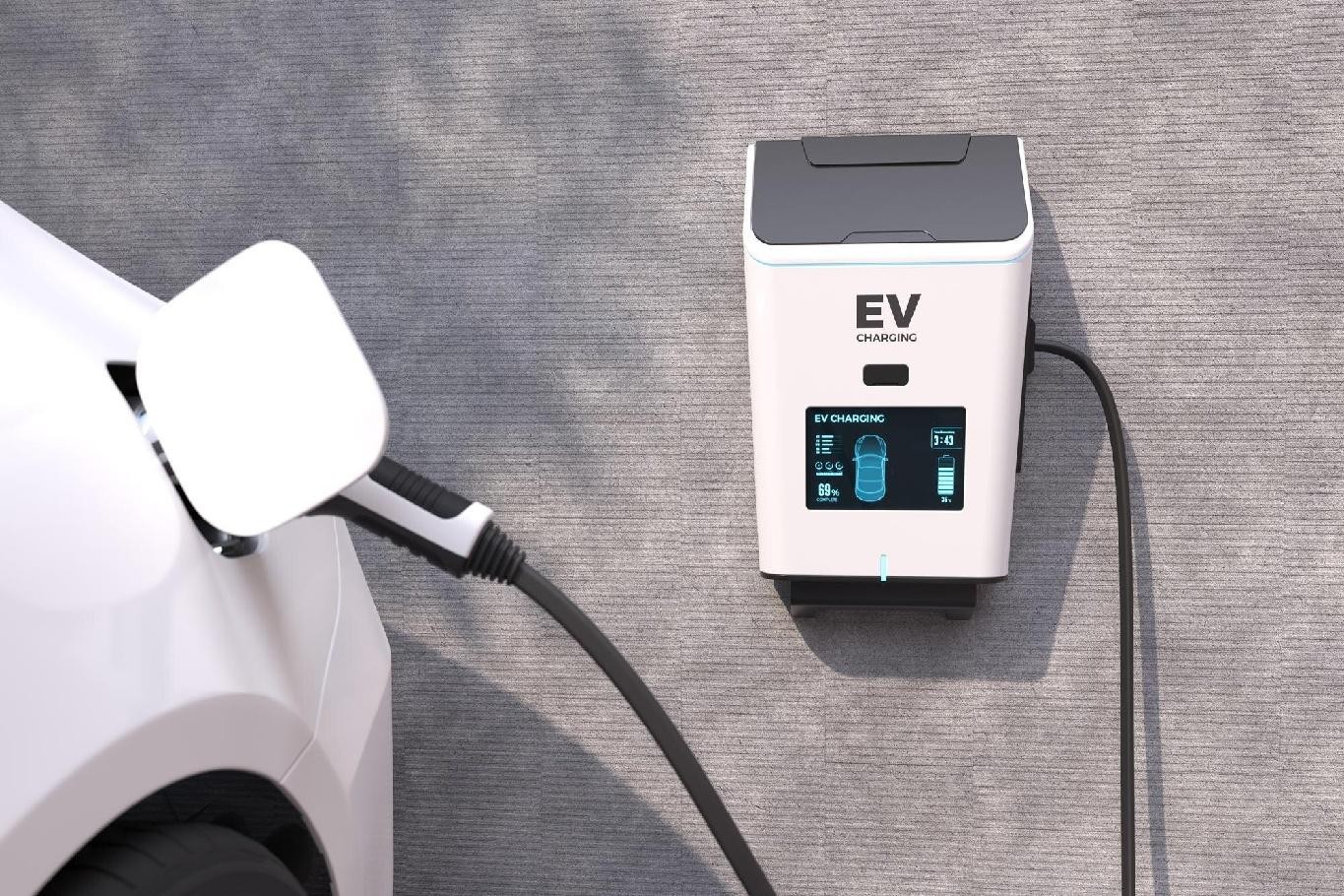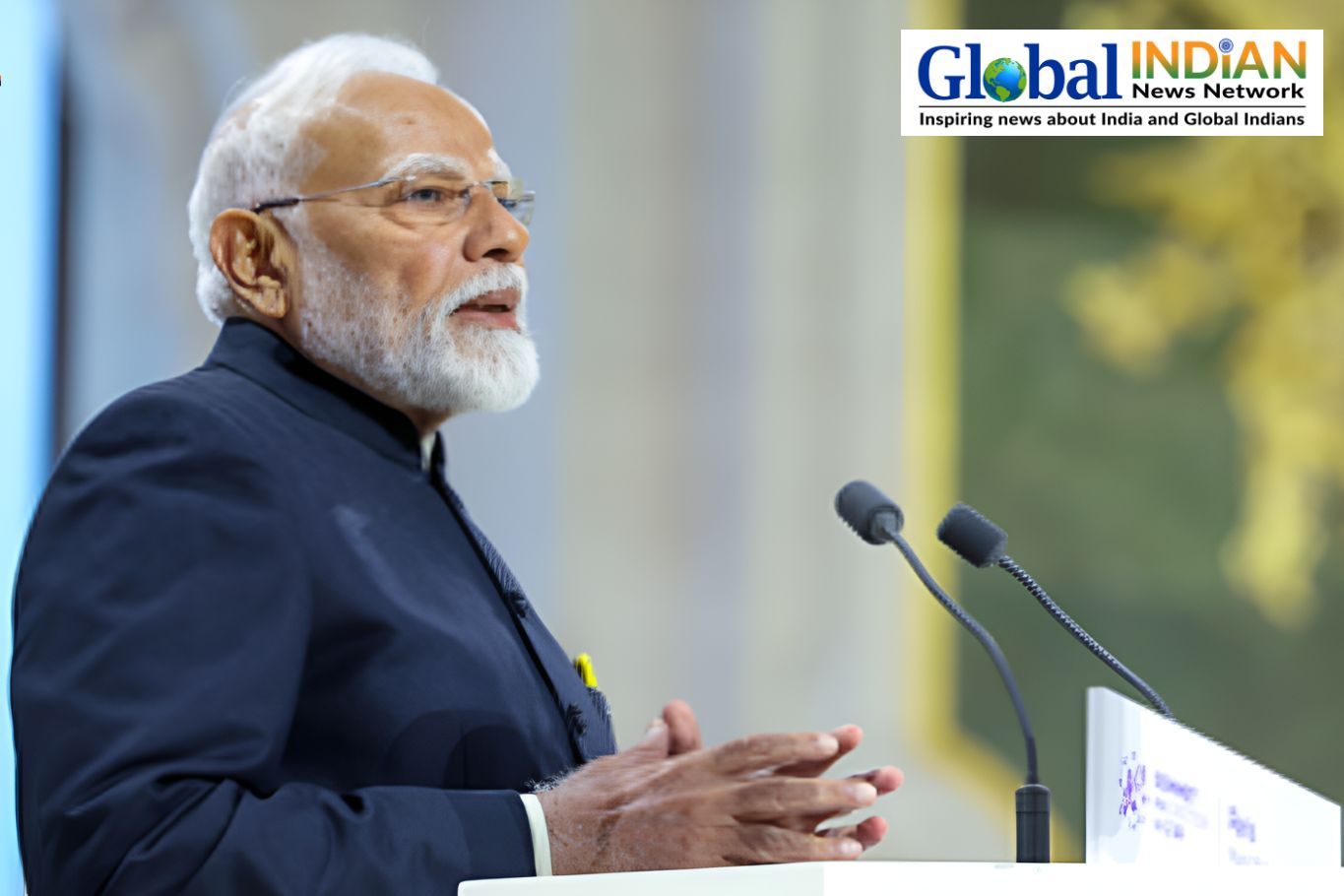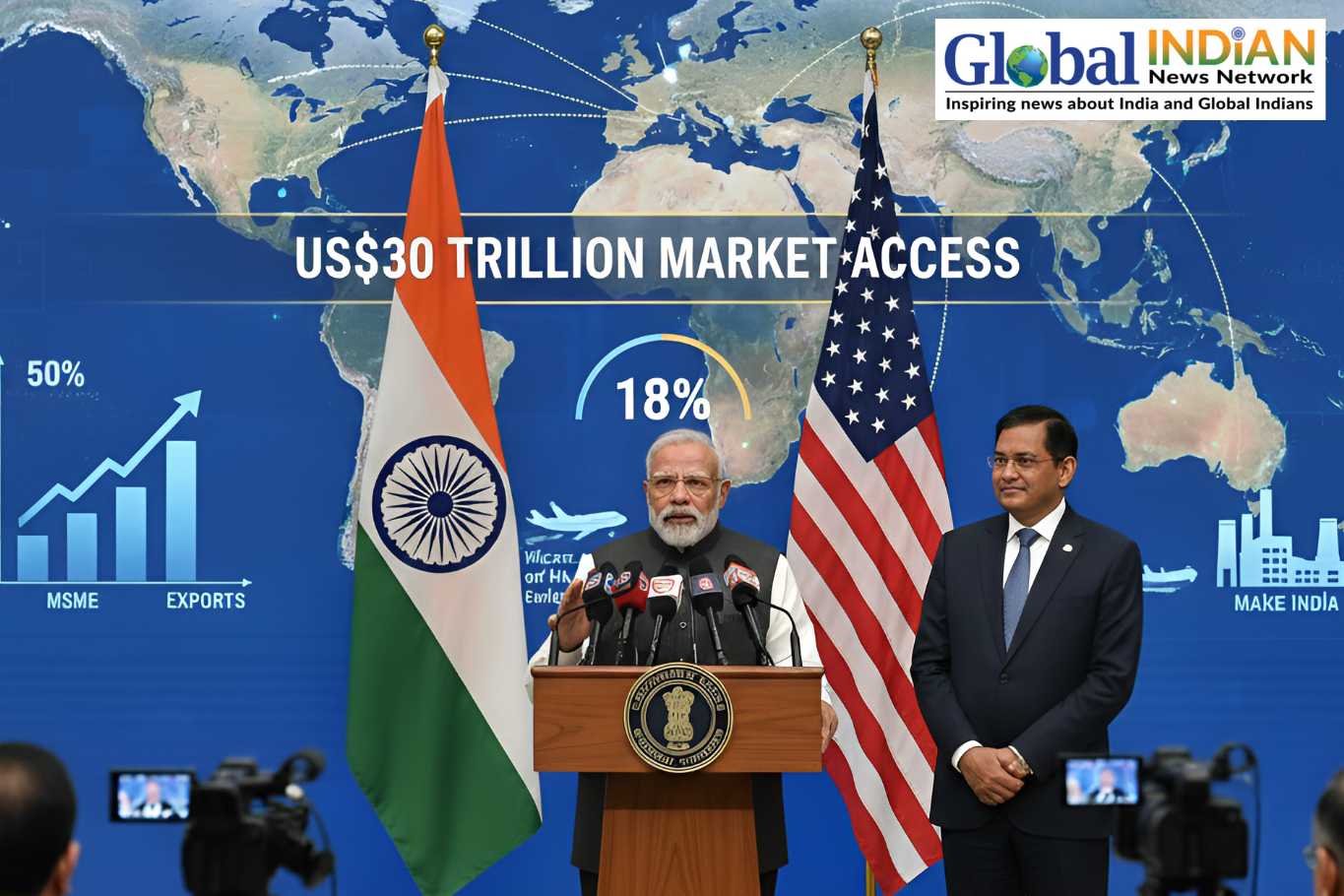
India’s electric vehicle (EV) sector is poised to receive significant policy support as the government plans to expedite three crucial initiatives within its initial hundred days. These include earmarking 10 GWh capacity under the PLI ACC to boost local production of advanced batteries and implementing a payment security mechanism to promote wider adoption of electric buses. Additionally, the rollout of FAME 3, backed by a budget of US$ 1.2 billion (Rs. 10,000 crore), will be accelerated.
These measures are aimed at hastening India’s transition towards cleaner mobility solutions and achieving net-zero emission targets. The government has already received seven bids for the PLI ACC program, underscoring the importance of domestic battery manufacturing in reducing costs. Efforts are ongoing to enhance payment security mechanisms to bolster bus manufacturers and expand the electric bus fleet. This builds upon the incentives provided under FAME 2, which supported the introduction of 7,000 electric buses.
India’s collaboration with the United States focuses on deploying 10,000 e-buses through a US$ 390 million fund, complemented by plans for a US$ 10 billion lending fund to facilitate the deployment of 38,000 e-buses. These initiatives represent a strategic shift towards cleaner transportation solutions, underscoring India’s commitment to sustainable development in the automotive sector.









